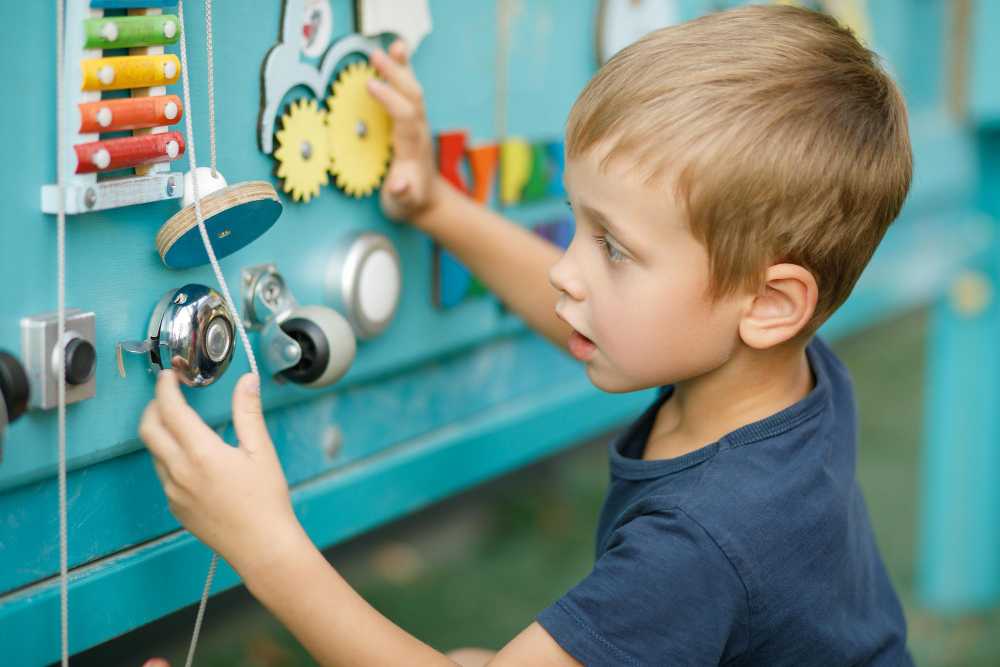
🧠 Top Brain Games for Kids That Make Learning Fun (Ages 4–12)
Looking for educational games your child will actually enjoy? Brain games are a great way to improve memory, focus, logic, and problem-solving, all while keeping kids entertained!
✅ Top 10 Brain Games Included:
- Memory Match Mania – Enhances memory and focus with card matching.
- Puzzle Party – Boosts problem-solving through jigsaw puzzles.
- Math Maze Adventure – Makes math fun with interactive mazes (play at ab3games.com).
- Color Pattern Challenge – Builds logic and memory with growing color sequences.
- Shape Sorter Quest – Helps younger kids develop spatial and logical thinking.
- Spot the Difference – Sharpens observation with visual puzzles.
- Sudoku for Kids – Introduces logic and patterns with simpler grids.
- Word Builder Challenge – Strengthens vocabulary and spelling (available on ab3games.com).
- Code the Bot – A fun, drag-and-drop intro to coding basics.
- Brain Bounce Mini Games – Offers a mix of mini games for all-around brain growth (on ab3games.com).
🎯 Why Brain Games Matter:
They improve:
- Focus & concentration
- Critical thinking
- Vocabulary and language skills
- Memory retention
👪 Parent Tips:
- Keep playtime short and fun (15-30 mins)
- Mix offline and digital games
- Encourage effort, not just winning
- Always check app safety and age fit
4 Smart Tips for Healthy Gaming with Kids
⏱️ 1. Keep Playtime Short and Fun (15–30 Minutes)
Long hours of screen time can lead to fatigue, distraction, and even boredom. Instead, aim for short and engaging play sessions. A sweet spot of 15 to 30 minutes keeps kids excited and focused without overloading them. Short sessions also help younger children build better attention spans gradually.
Pro Tip: Set a timer and make it a fun challenge to “beat the clock” by learning or completing something before time’s up!
🎲 2. Mix Offline and Digital Games
Balance is key! Digital games offer amazing learning tools, but offline activities like puzzles, board games, or outdoor scavenger hunts help build teamwork, motor skills, and creativity. Alternate between screen-based and physical games to keep things fresh and diverse.
Example: Play a math game online, then do a real-world counting game using objects at home!
🌟 3. Encourage Effort, Not Just Winning
Games are a great way to build resilience and problem-solving, but only if we celebrate effort, improvement, and creativity, not just high scores. Praise your child when they try a new strategy, stick with a challenge, or collaborate nicely.
Try saying: “I love how you didn’t give up!” instead of just “You won!”
🔒 4. Always Check App Safety and Age Fit
Before downloading or playing any game, check if it’s age-appropriate, ad-free, and safe. Read reviews, check the rating, and play the game yourself first. Look for educational value and whether it encourages positive behavior.




